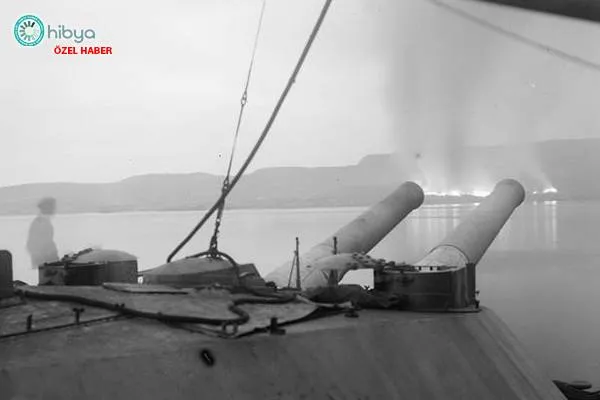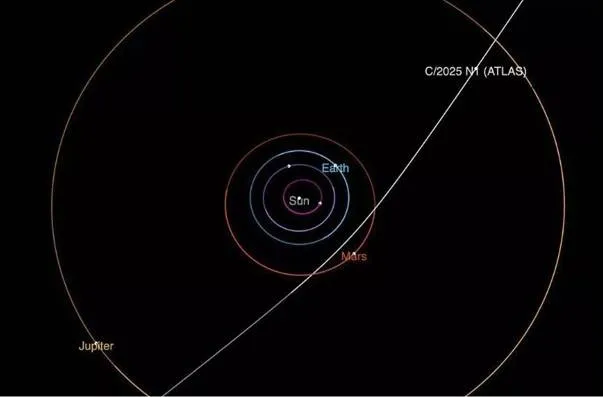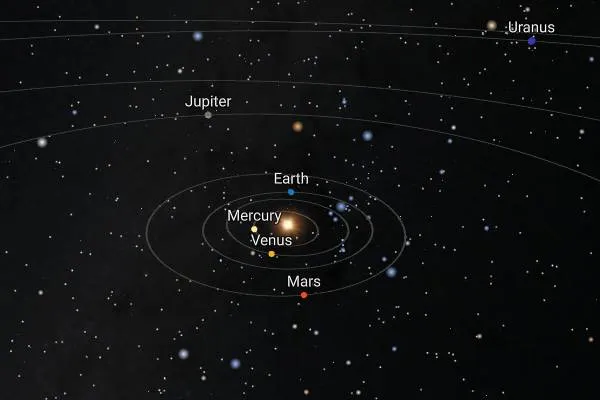Evacuation Delighted Both the Military and the Homeland
The Çanakkale Wars, which lasted for approximately 8 months at sea and on land, came to an end on January 9, 1916, with the departure of the last enemy soldiers from the Seddülbahir region. After the evacuation, which some considered a great success, the Turkish military celebrated with great joy on the front.
MEHMET BAYER - 08.01.2024 - HİBYA - The Çanakkale Wars, which lasted for approximately 8 months at sea and on land, came to an end on January 9, 1916, with the departure of the last enemy soldiers from the Seddülbahir region. After the evacuation, which some considered a great success, the Turkish military celebrated with great joy on the front.
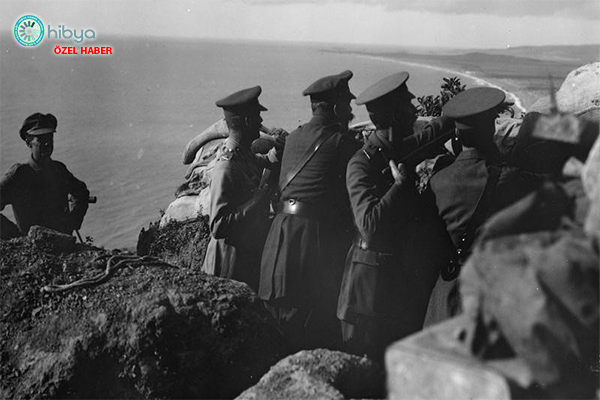
With the end of the evacuation, the 5th Army Commander, Liman von Sanders, sent a short telegram number 872 to the Chief Command Office at 08:45 on January 9, 1916, providing the following information: "The Gallipoli Peninsula has been completely cleared of the enemy."
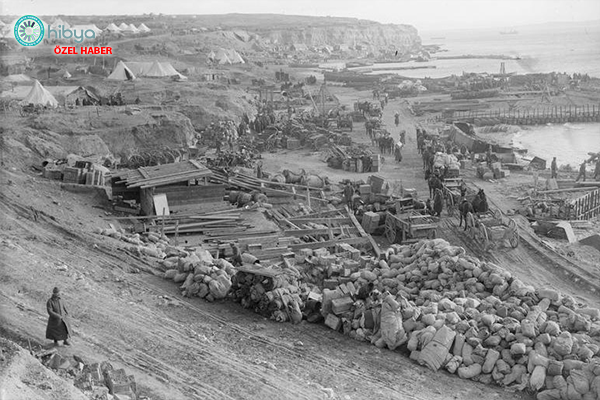
Historian and writer Ahmet Yurttakal, in a statement to HİBYA, said that the news of the evacuation had brought great joy, especially among the military units fighting on the front.
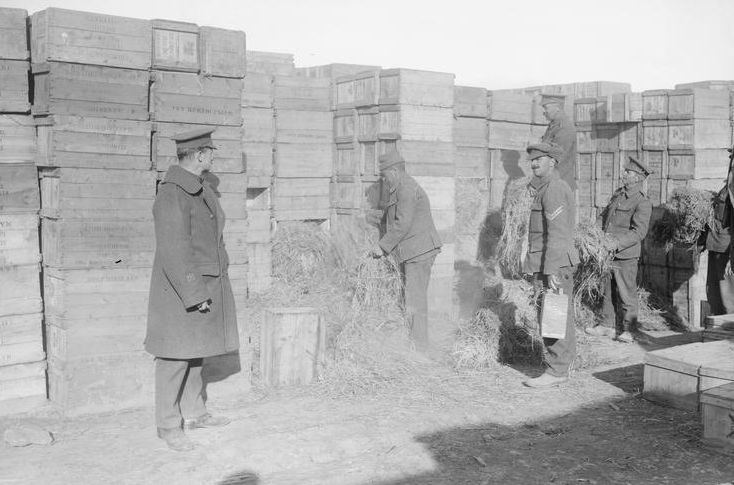
Yurttakal reported that the Southern Group Command sent congratulations to its units under its command and to the regiments affiliated with the 14th Division after the evacuation of Seddülbahir. He said, "An officer who served in the Gallipoli battles described his joy as follows: 'News has come that the enemy is retreating from Gallipoli... It's raining over us, and the ground is muddy... But now, the soldiers are laughing... The homeland is laughing.'
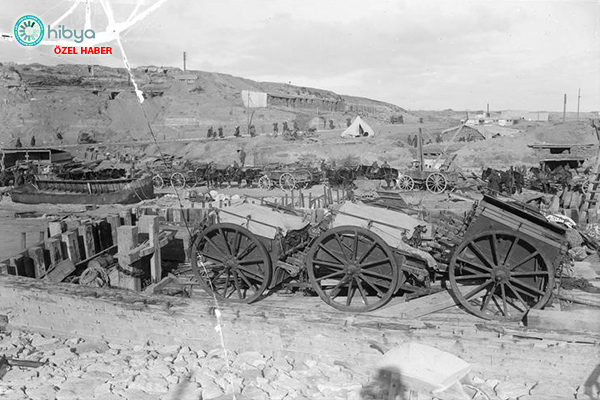
Yurttakal pointed out that the evacuation remained in the memories of the soldiers and said:
"Abidin Ege, who served as a reserve officer in the 2nd Division, 1st Regiment, on the front, described how the soldiers celebrated the news of the retreat at Arıburnu and Anafartalar in their memoirs: 'The enemy has thrown themselves into the sea at Anafartalar and Arıburnu. At 8 o'clock in the evening, news arrived that the enemy had retreated from Gallipoli. The National Agency informed us that the enemy had finally retreated. Now, this news brought joy to the soldiers in the barracks. The soldiers were saluting and shouting 'Long live the Sultan' and 'Hurray' towards the horizon. Yes, now this entire area is filled with great enthusiasm and joy, on one side there are drums, on the other side flutes, trumpets, songs, and anthems... Everyone doesn't know what to do out of joy.'
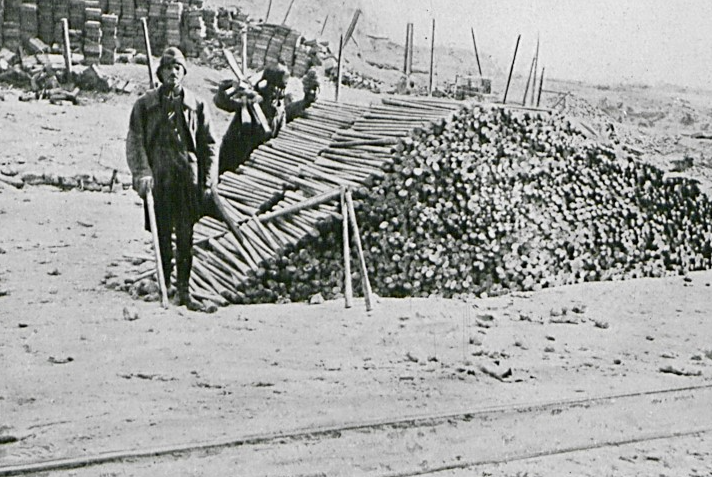
Reserve Officer Abidin Ege spoke of how the British soldiers were torn and crushed by the heroic Turkish bayonets and prayed for the martyrs. Abidin Ege also learned of the evacuation of the Seddülbahir region on January 11, 1916, while he was in Aleppo, and shared his feelings with the words, 'Gallipoli has become nothing but a grave for the British and the French.'
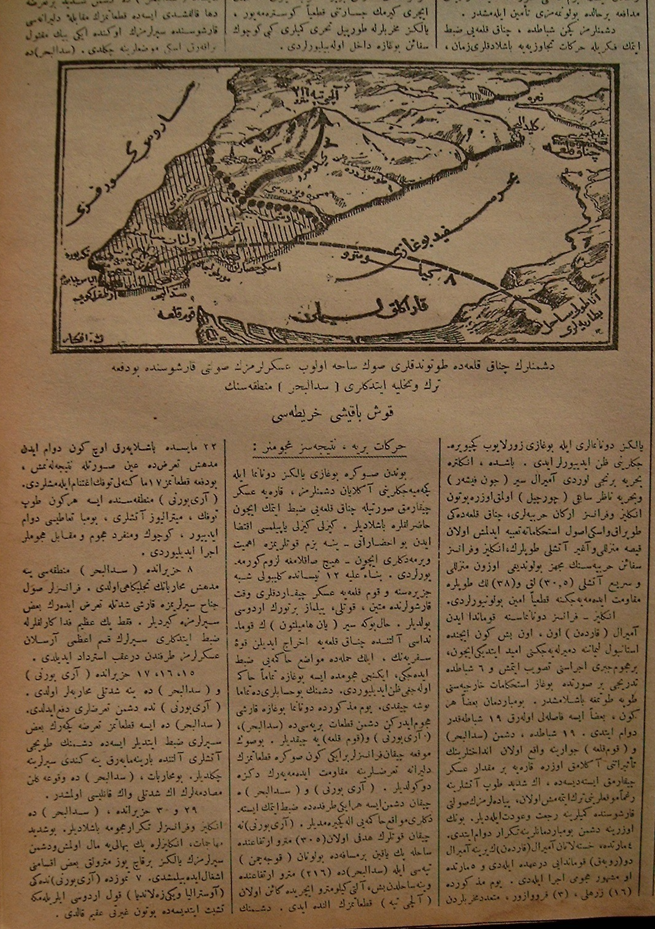
In the memories of Reserve Officer Münim Mustafa from the 30th Regiment, he mentioned that on December 20th, when the Chief of Staff of the 10th Division, Rüştü Bey, reported that the enemy had completely withdrawn from Anafartalar, he was very happy and immediately informed the regiment commander with joy. Yurttakal mentioned that Reserve Officer Sokrat (İncesu) Efendi, of Greek descent, received news of the allies' evacuation in Uzunköprü and was saddened that he couldn't witness this departure. He lamented with the words, 'Our unit, too, regrets not being able to witness the disgraceful abandonment of Çanakkale by the British. What if we had seen it with our own eyes?'
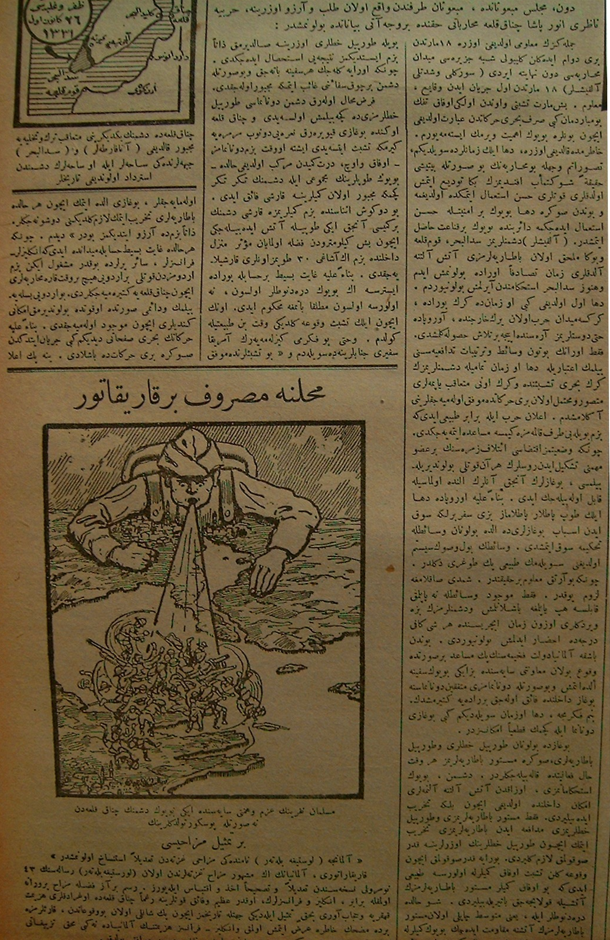
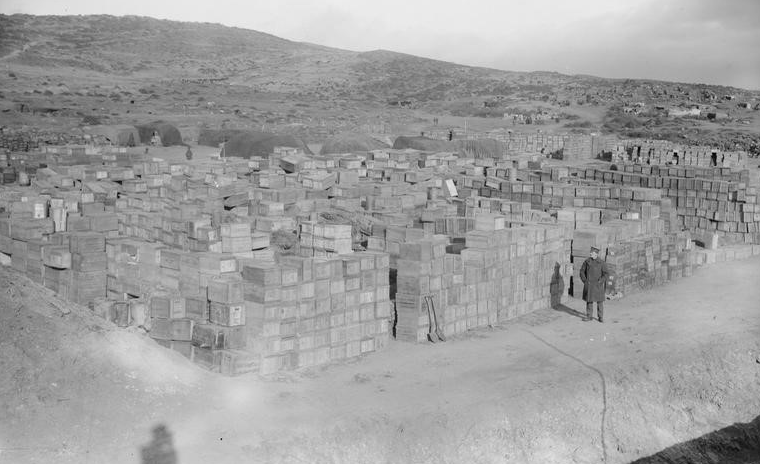
British News Agency

